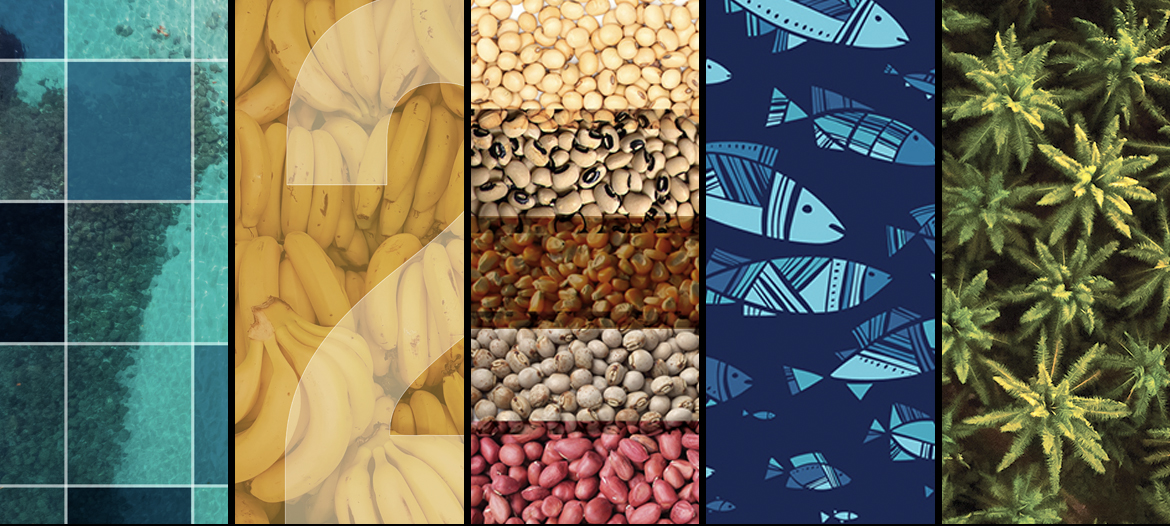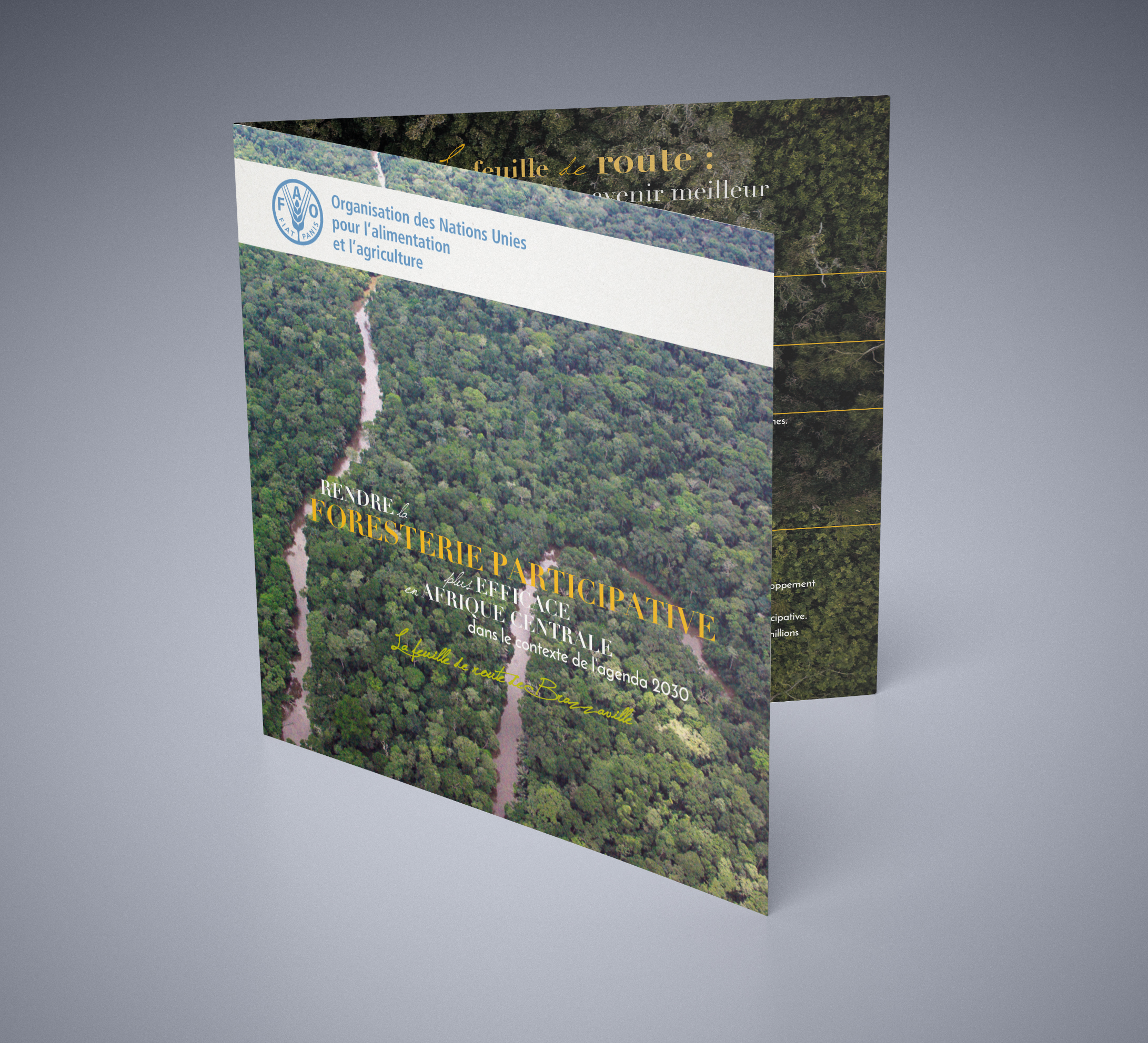Food and Agriculture Organization of the United Nations (FAO), 2018






Context:
In the 1990s, Central African countries began implementing reforms in forest management to involve local communities more directly. One significant reform was the introduction of participatory forestry regimes, with “community forests” being the most prevalent. This model was initially introduced in Cameroon and later adopted in Equatorial Guinea, Gabon, the Central African Republic, Chad, and subsequently in the Democratic Republic of Congo through “local community forest concessions.” Despite the enthusiasm for these reforms, actual implementations have been limited, with Cameroon and Gabon being the only countries to have initiated community forest allocations by the late 2010s. The participatory forestry model has yet to fully realize its intended roles in preserving critical forest functions and improving livelihoods for indigenous and local communities.
In response to these challenges, a meeting of experts was convened in Brazzaville from September 19-20, 2017, organized by the Ministry of Forestry Economy of Congo, in partnership with the Central African Forests Commission (COMIFAC) and the Food and Agriculture Organization (FAO). The meeting aimed to explore options to revitalize participatory forestry by leveraging its potential and opportunities to enhance its effectiveness. With around fifty participants from various stakeholders, including government officials, COMIFAC experts, FAO representatives, NGOs, and research institutions, the meeting sought to address the shortcomings and propose actionable strategies.
Objectives:
- Evaluate Current Challenges: Identify the key challenges facing the implementation of participatory forestry in Central Africa.
- Develop a Strategic Plan: Create a comprehensive roadmap to enhance the effectiveness of participatory forestry.
- Engage Stakeholders: Gather input from a broad range of stakeholders to refine and finalize the roadmap.
- Promote Sustainable Management: Align the roadmap with the objectives of sustainable forest management and the UN Sustainable Development Goals (SDGs).
Solution:
The experts’ meeting resulted in the formulation of the “Brazzaville Roadmap,” a strategic plan outlining prioritized actions to strengthen participatory forestry. The roadmap includes several key components:
- Policy Reforms: Recommendations for policy adjustments to create a more supportive environment for community forestry.
- Capacity Building: Initiatives to enhance the skills and knowledge of local communities and stakeholders involved in forest management.
- Institutional Support: Strengthening institutional frameworks to better support the implementation and monitoring of community forestry programs.
- Funding Mechanisms: Proposals for securing financial resources to sustain participatory forestry initiatives.
The first version of the roadmap was presented at the 17th Partnership for the Congo Basin Forests (PFBC) meeting in Douala in October 2017, where it received enthusiastic support. The roadmap was then refined through extensive consultations conducted by FAO and Nature+ between January and March 2018. A validation workshop held on May 30-31, 2018, finalized the document, which was then aligned with the operational objectives of the Central Africa Forest Ecosystems Sustainable Management Plan (2015-2025).
Results:
- Enhanced Stakeholder Engagement: The roadmap facilitated broad stakeholder engagement, including local communities, which helped to refine the proposed actions and ensure their relevance and feasibility.
- Increased Political Support: The roadmap received significant support from political decision-makers, contributing to heightened commitment to participatory forestry.
- Implementation Framework: The roadmap provided a clear framework for policy reforms and practical steps to enhance the effectiveness of community forestry.
- Progress Towards SDGs: By focusing on community involvement and sustainable management practices, the roadmap supports the achievement of several UN Sustainable Development Goals, particularly those related to environmental sustainability and poverty reduction.
The implementation of the Brazzaville Roadmap is expected to significantly improve the effectiveness of participatory forestry in Central Africa, thereby enhancing forest conservation efforts and supporting the livelihoods of millions of people dependent on forest resources.


